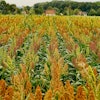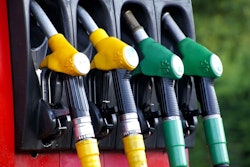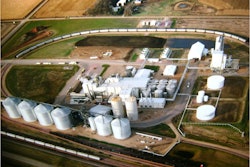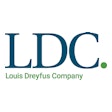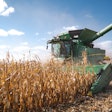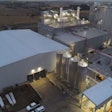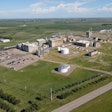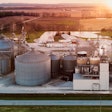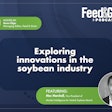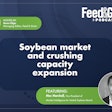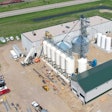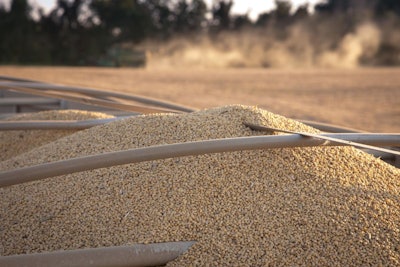
By 2020, EU Member States are required to fulfill at least 20% of their total energy needs with renewable sources, with at least 10% attributed directly to transport fuels.
This presents a new biofuels market opportunity for U.S. farmers, who are ready to deliver certified sustainably-grown soybeans that will positively impact EU air quality.
The SSAP-RED (Soy Sustainability Assurance Protocol-Renewable Energy Directive) is a voluntary program developed by the U.S. Soybean Export Council (USSEC), with support from the United Soybean Board (USB).
This program meets the specific requirements of the European Union’s Renewable Energy Directive (RED) and sources SSAP-RED-verified soybeans as feedstock for the production of biodiesel.
“This program which helps the EU reach its targets for renewable fuel recognizes U.S. soy’s commitment in responding to customers in the U.S. and abroad,” says Jim Sutter, CEO of the U.S. Soybean Export Council (USSEC). “The U.S. soy advantage of sustainability, quality and reliability sets American farmers apart, and SSAP-RED brings conservation of land and resources to the forefront.”
With the intent to support local farmers and elevators, Bunge is the first to implement this initiative. Additional exporters are expected to participate in the program which provides the U.S. soybean value chain with new market opportunities in the European Union. As the 2nd largest market for U.S. soybean exports, the U.S. shipped 260 million bushels of soybeans to the EU so far this year – an increase of 125 million bushels compared to last year. Expanding markets for U.S. soy remains a priority for USB investment and support.
“Bunge is always looking for new markets for our growers’ products and is proud to be first to export U.S. soy that meets the requirements of SSAP-RED,” said Andrés Martín, Bunge Senior Vice President Agribusiness and Oilseed Value Chain, North America. “We’re committed to enhancing the sustainability of the entire production chain, and biofuel produced from U.S. soybeans provides a clean-burning diesel replacement that improves the environment.”
Farmers in several states across the U.S. (Kentucky, Louisiana, Arkansas, Mississippi, Illinois, Missouri, Iowa and Tennessee) can participate in the SSAP-RED voluntary program.
Farmers who are interested must deliver their soybeans to a certified elevator and sign a “Self-Declaration” which attests to their compliance with the requirements of the RED as well as the application of Good Agricultural Practices. Sustainability requirements of the Renewable Energy Directive (RED) restrict cultivation of biofuels feedstock from land that has been converted, since 2008, from any of three protected land categories: grasslands, forest and wetlands, including peatlands. It also has requirements on auditing and compliance, including independent third-party review.
The U.S. traditionally exports whole soybeans to Europe. When the soybeans are processed, nearly 80 percent of the bean is made into soybean meal which is used for livestock feed. The remaining amount is soybean oil which is used in food service, food manufacturing, or industrial uses such as biofuels/energy.
Soybean oil from SSAP-RED verified soybeans, used as feedstock for the production of biodiesel, will help the EU reach their targets for renewable fuel under the Renewable Energy Directive.
To learn more about Elevator Certification under this program, click here.

